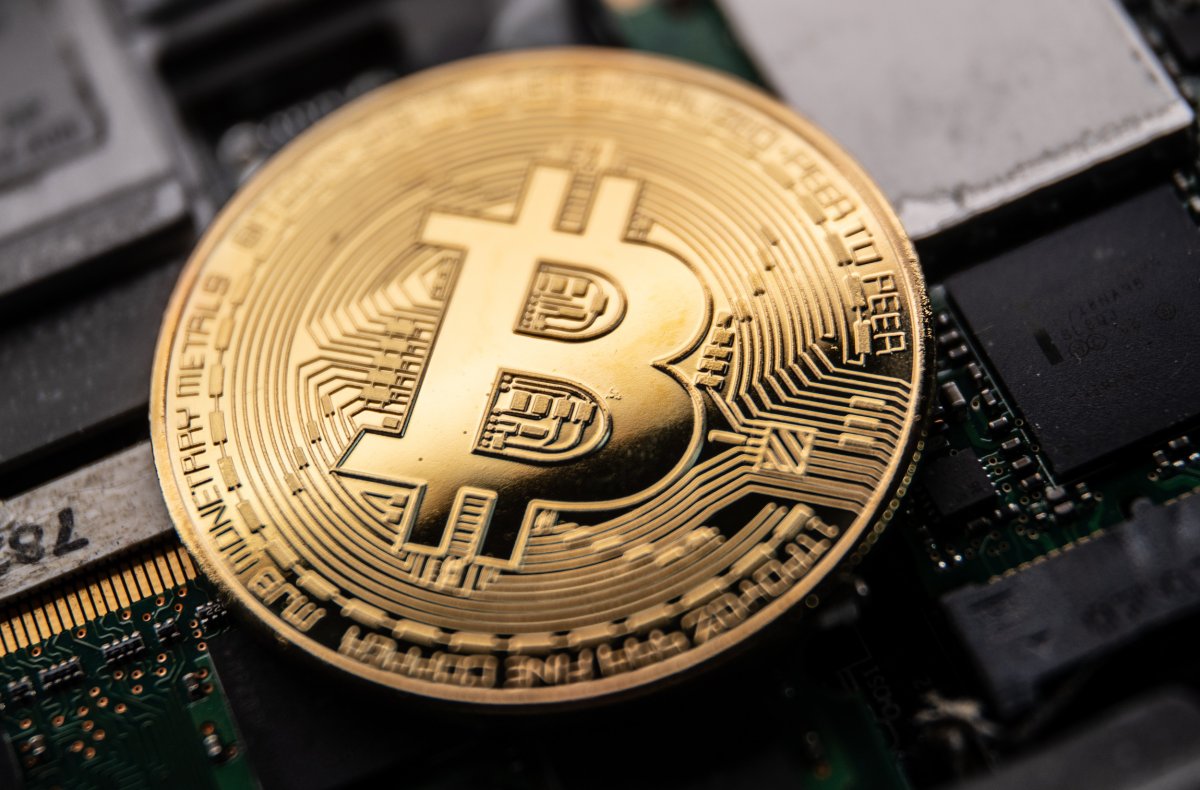The crash that shaved more than $1 trillion of value from the digital-asset industry in the past few weeks was entirely foreseeable. I have been warning about the dangers of leveraging bitcoin and cryptocurrencies since 2018, as have others. Few heeded warnings as prices soared.
The crash is healthy. It is shaking out many scammers and fraudsters. Sadly, it is also hurting millions of mom-and-pop investors.
Still, vital lessons are emerging. Policymakers should use this opportunity to build a solid digital-asset regulatory framework that promotes responsible innovation and keeps bad actors at bay.
The asset bubble inflated when Wall Street traders crowded into crypto in 2018, and it quickly ballooned. The bitcoin market had never before seen the leveraged games that afflict traditional markets. Nowhere in Satoshi's brilliant Bitcoin white paper did the words "margin call" appear. It didn't take long for crypto derivatives trading volume to explode. Leveraged lenders touting supposedly "bank-grade" risk management tools sold people on the notion—since proven incorrect—that leverage could be managed without risk of bankruptcy.
Why? No one can create more than 21 million on-chain bitcoins. (This is a feature of the Bitcoin protocol, not a flaw.) It means no one can create more bitcoins to bail out overleveraged players that have sold more claims to bitcoin than real bitcoins exist. It also means that once traders started using leverage, bankruptcies were inevitable.
Regulators—especially the Securities and Exchange Commission—bear some blame. They've been slow to crack down on fraudsters and to approve responsible players. There was only one SEC-approved way for investors to gain exposure to bitcoin via their brokerage accounts from 2015-2021: closed-end fund Grayscale Bitcoin Trust (GBTC).
Demand far outstripped supply, pushing prices into the stratosphere. As a result, for years GBTC's price consistently traded far above bitcoin's market price—more than double bitcoin's price at its peak. Leverage poured in because fund shares could be created at bitcoin's price and sold to retail investors at the higher GBTC price—a trade viewed as a "sure thing" by Wall Street. That ended last year when the SEC, for the first time in six years, finally began approving competing products. Sure enough, once competition came that huge premium collapsed. GBTC now trades at a more than 30 percent discount to bitcoin's price. Hence, leveraged players suffered big losses.

That roller coaster was rocketed along by regulators, who could have approved competing products sooner and pricked the bubble.
Similar regulatory failures bit the crypto derivatives and lending markets, where regulatory voids formed. Regulators regulate through both action and inaction. Where they failed to clarify and codify, thinly capitalized companies and bad actors rushed in. Investors had no way to assess the solvency of these middlemen, with a few exceptions.
Individuals bear some blame as well. Many failed to see a simple truth about bitcoin: Its inflation rate is currently 1.75 percent, far lower than the 8.6 percent inflation rate. Bitcoin doesn't need to be leveraged to deliver a positive inflation-adjusted return.
The fast-money crowd caused bitcoin to trade more like a highly volatile tech stock than an insurance policy against financial system instability. Remember, the Bitcoin blockchain itself is immune to all of this noise. Its value proposition remains unchanged. It just keeps adding blocks every 10 minutes.
Markets are teaching a valuable lesson. Policymakers should use the time afforded by the crash both to prosecute fraudsters and to implement a regulatory regime that fuels responsible innovation.
Caitlin Long is CEO of Custodia Bank and was previously a managing director at Morgan Stanley in New York.
The views expressed in this article are the writer's own.
Uncommon Knowledge
Newsweek is committed to challenging conventional wisdom and finding connections in the search for common ground.
Newsweek is committed to challenging conventional wisdom and finding connections in the search for common ground.
About the writer
To read how Newsweek uses AI as a newsroom tool, Click here.






